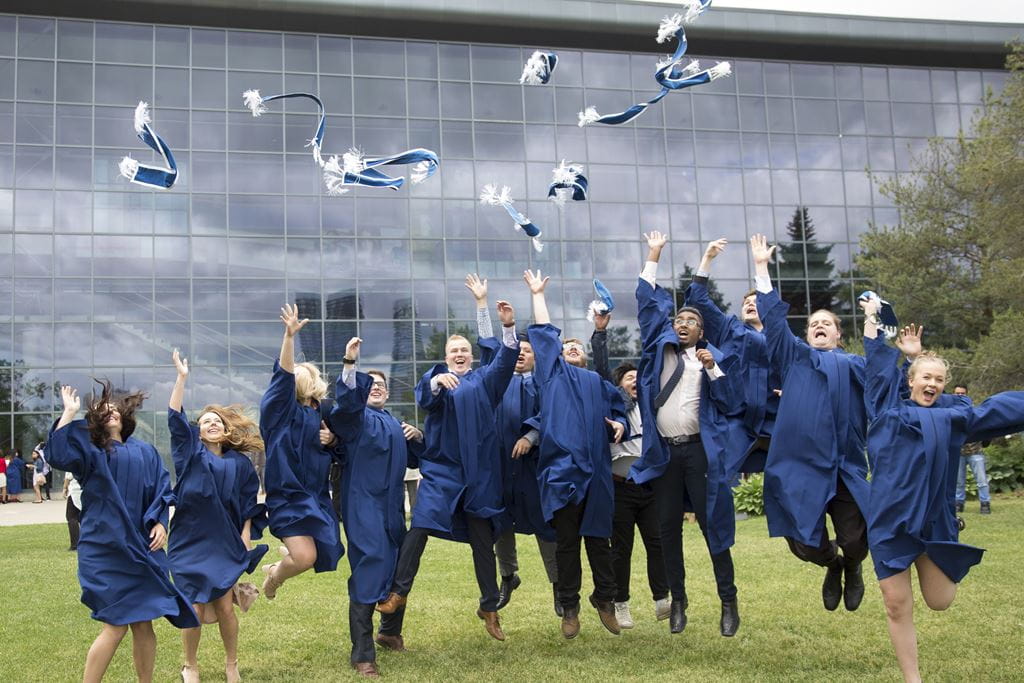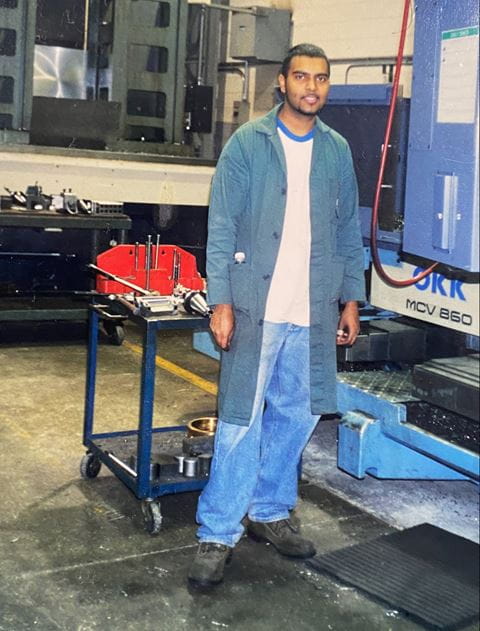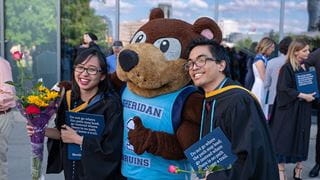Alumni stories
Alumni news
- For second consecutive year, 21 Sheridan graduates win Canadian Screen AwardsJun 16, 2025 | Arts & Design
- Sheridan to celebrate more than 10,000 graduates at Spring 2025 ConvocationJun 2, 2025 | Community
- Sheridan alumni recognized with Brampton Citizen AwardsMay 8, 2025














